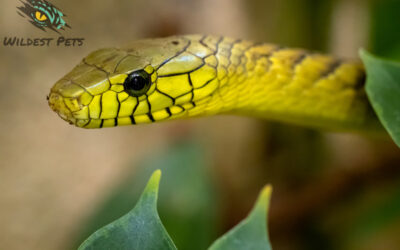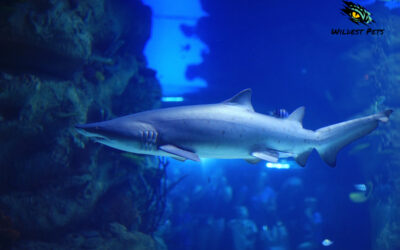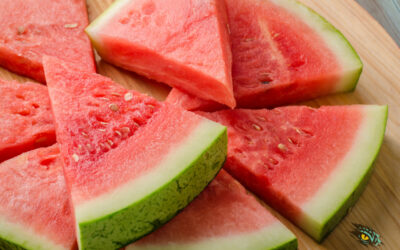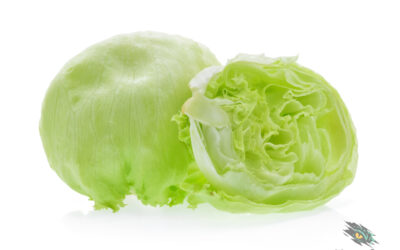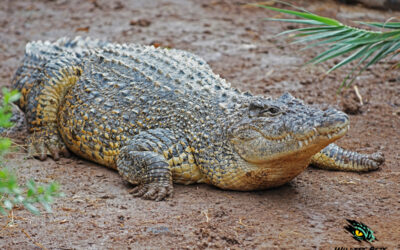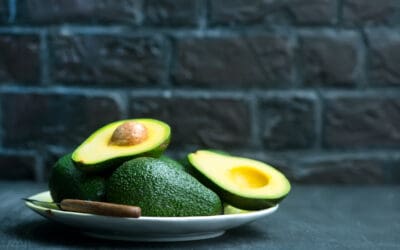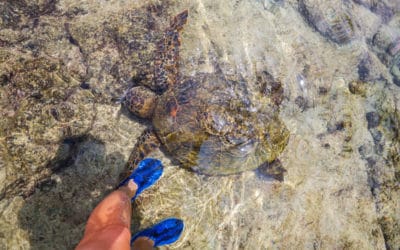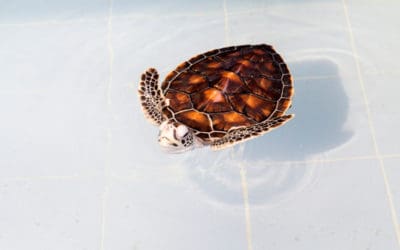Can turtles eat blueberries? Learn how a blueberry will influence box, read-eared slider, or any other species of a turtle!
A lot of turtle owners as well as veterinarians consider blueberries for turtles as a very good treat that allows these reptiles to have a slightly more diverse, yet at the same time healthy diet. Obviously, eating blueberries for turtles will be beneficial only if we know to give these fruits to our pet in moderation. No one has ever felt good after consuming many blueberries at once, or any other type of fruit for that matter.
But why would people believe that feeding blueberries to turtles is a good idea? How nutritious these fruits really are and how do they affect the turtle’s digestive system? Surely, there are quite a lot of questions that you may have. Luckily for you, today I would like to share with you all my knowledge about not only box turtles and slider turtles, but also many other species that new owners consider as great pets.
In this article I will briefly focus on the benefits of blueberries for turtles as well as the nutritional values that this type of food offers. Besides that, I am going to tell you how to ensure a balanced diet and, at the same time, give a tortoise or a turtle a lot of wonderful and delicious additions. After all, a banana or a blueberry is a great snack for all these creatures. Obviously, I will also move the subject of these fruits’ serving.
First of all, let’s talk about the nutrients
A reptile that you chose as your pet is an omnivore. It means that it is going to eat both meat /are turkey meat good for turtle diet?/ as well as fruits (do turtles eat watermelon easily?) and vegetables. Blueberries also count as one of possible snacks that we can choose for a red-eared slider turtle, a box turtle, or many other species that you guys decide to choose. However, what is the main reason for such a thing to occur? Well, it is all due to the fact that if you feed your turtle blueberries, it will enjoy a wide range of nutritional benefits.
Firstly, this fruit is not high on sugar. Yes, there are some traces of it, but it is only 5 grams per 100-gram serving. It is definitely a much lower number than many other fruits like banana (12g per 100g), apple (10g per 100g), or peach (8g per 100g). Besides that, the fruit is high in dietary fiber. Besides that, blueberries provide vitamin D, calcium, iron, and potassium.
Blueberry as a beneficial treat for your turtle
Let’s start with the fact that Vitamin C is of utmost importance for a turtle means that you should feed blueberries to your animal. It boosts the turtle’s immune system, improves its effectiveness, and at the same time minimizes the potential threat of infections and allergies that would otherwise develop if the immune system was much weaker.
Obviously, we should also take into account the high number of Vitamin A, which is quite fundamental for a turtle’s diet just as well. It serves the role of an antioxidant. As a result, Vitamin A improves the regeneration of tissues and their growth. Let’s also not forget that vitamin A significantly improves the functioning of many different body parts, including turtles’ eyes, skin, mucous membranes, or even ducts.
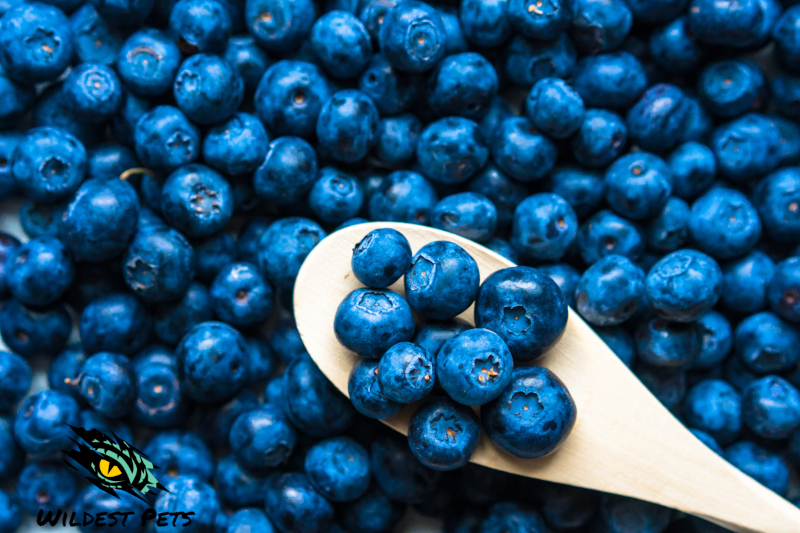
How does a blueberry fill into the ideal turtle diet?
If you want to feed your turtle appropriately, then we have to remember about moderation as far as intake of the titular fruits is concerned. You see, even if all turtles or tortoises eat blueberries, we have to remember that it is not safe for turtles to give food that have much sugar. And these berries certainly have quite a lot of it. Even if it is a slightly lower number than in the case of other fruits.
Consider when feeding blueberries smaller portions and picking only a handful of them once a week or even less often. You see, even if box, snapping, painted, wood, map, or red-eared slider turtles eat blueberries, there can be quite a significant downside of these fruits. As it was mentioned earlier on, larger quantities of this fruit will give your turtle extremely high intake of sugar, which can cause a number of troubles. That is why harmful effects of eating blueberries are mainly associated with sugar.
It means that a pet turtle that eats too much of the fruit, will risk:
- Insulin resistance;
- Cholesterol spikes;
- Muscle plasma;
- Seizures.
Turtles can eat the skin of blueberries just as well? Learn everything there is to know about health benefits of blueberries skin
If you wonder whether turtles can eat blueberries skin (want to know what berry can eat your turtle check these articles! Do avocado is ok for your turtle, Can your turtle eat pumpkin), then the answer is yes. Your pet should eat blueberry skin and there should be no problems whatsoever when it comes to the health. You see, both adult and baby turtles will surely eat the skin of the fruit. However, make sure it is as clean as it is possible. You see, quite often the skin of the fruit is exposed to pesticides. Producers use them in order to keep the food intact and safe from worms, insects, and other unwelcome creatures.. So, no matter what turtle species you have, always remember to wash the fruit in order to make sure that blueberries are safe. Interested if your turtle can eat grapes ?
Frozen blueberries are also good!
Another thing worth mentioning concerns freezing. You see, it is always a good feeling when feeding turtles with the use of a fresh fruit is possible. We may think that such a way is healthier and we do not risk the loss of vitamins and minerals that the type of food you pick has got to offer. Well, in the case of blueberries, we can freeze them and not worry about the loss of nutritional values.
You see, the benefits of feeding blueberries to turtles remain the same if we were to give them after the visit in a shop. Their nutrients remain the same, they are still fresh and the possibility for bacteria to grow and develop is not possible. Obviously, we are not going to kill bacteria that are already on the fruit, especially on the blueberry skin. However, thanks to freezing temperatures, we can keep them safe and healthy for quite a long time – even during off season.
Still, even if your pet can eat frozen blueberries, they should not come directly from the freezer. Think about taking them out of it 30 minutes before serving a meal or run them under the tap with hot water for a few seconds.
Now you know the effects of feeding blueberries and what the health benefits of blueberries are!
Since turtles are omnivores, it is surely possible for a turtle to eat fruits, vegetables, and meat. Nonetheless, we have to remember that if you are to give blueberries to your turtle, we cannot overdo with the quantity. Even if relatively healthy, blueberries also contain quite a lot of sugar, which can cause a lot of trouble if consumed in larger amounts. Furthermore, we have to remember that blueberries are a good option only in the form of a treat, because the more of this fruit appears in a turtle’s dietary plan, the less healthy diet it becomes.
Inappropriate calcium to phosphorus ratio is also a big no as far as the health of a turtle is concerned. That is why your turtle should eat a variety of foods and have access to all the vitamins and minerals. Only then blueberries are fine and safe for turtles to eat and can be used as treats that your turtle needs.
Submit your review | |

